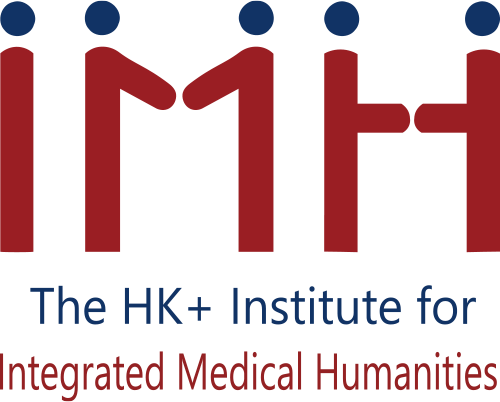About Us
Home / About Us
-
Agenda
Integrated Medical Humanities is a term specially coined to designate the efforts in overcoming the limits of existing medical humanities and in turn promoting integration between medicine and humanities in pursuit of anthropocentric values. HK+ Institute for Integrated Medical Humanities (IIMH), under the supervision of Kyung Hee University Institute of Humanities and together with both Kyung Hee Medical History Research Institute and the Institute of Oriental Medicine, will carry out interdisciplinary studies within humanities and integrative studies among humanities, western medicine and oriental (Korean) medicine.
The institute aims to promote and publicize integrated medical humanities by establishing anthropocentric values in the era of the fourth industrial revolution; it aims to criticize and re-consider the advanced medical technology led by AI and Big Data in its own perspective; the suggested field of integrated medical humanities is hoped to function effectively in the new era.
-

Director's Welcome
Hello. It is my pleasure as Institute Director to welcome you to the website of HK+ Institute for Integrated Medical Humanities (IIMH). Founded in May, 2019, with the National Research Foundation (NRF) support, IIMH started the research under the title of “Establishing Human Dignity and Integrated Medical Humanities in the Fourth Industrial Revolution Era.” The Fourth Industrial Revolution, led by AI and Big Data, has become central in Korean society. There is not yet a set agreement in response to the new generation, but it is for sure that there should be a considerable shock.
It is difficult to predict the future of the world conducted by artificial intelligence where men are mere data. The world may either be labour-free utopia or machine-ruled dystopia: it will only be valid to raise old questions like what is human? what is human-centered value? and, what does humane mean? The institute, based on humanities, will take medicine as a subject matter and raise related questions by which the field of integrated medical humanities will be accomplished.
This is the point that the “integrated” medical humanities deviates from the existing medical humanities. While the existing medical humanities initially aimed for educating medical doctors, the newly promoted “integrated” medical humanities makes use of medicine in order to enlarge the field of humanities. Medicine takes a crucial role in human life. We are born and die in hospitals. Medical care intervene in every step of our lives. Therefore, it is essential for the humanities, also known as the study of humans, to be involved in medicine. The institute, not only through thoughts but also through practice, tries to give profitable suggestions. As the suggestions accumulate, I hope, the field of integrated medical humanities will find its way. I look forward to your advice and comments.
2019. 7.
Director of IIMH
Park Yunjae

